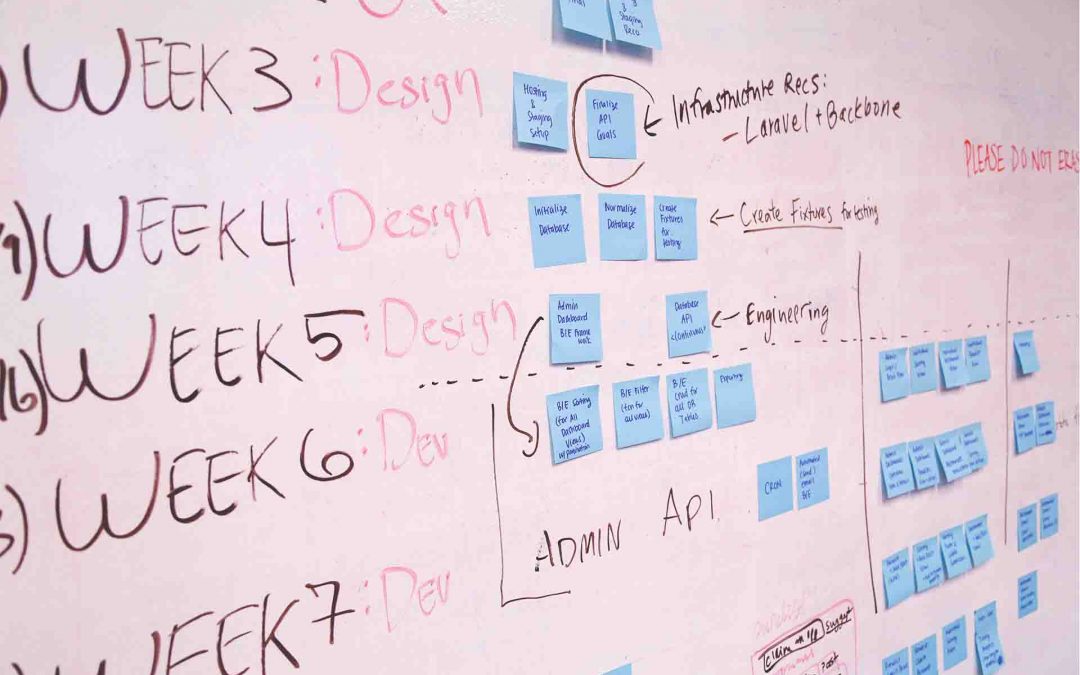In a world where customers are inundated with hundreds of thousands of products, carving a robust MDM strategy can be the cornerstone of a successful digital strategy. A well-planned, well-considered, and well-executed MDM initiative can not only aid customers in the decision-making process; it can also help personalize and enhance their experience.
However, a successful MDM project needs more than just efficient management of product data: companies need to focus efforts across several data management avenues. Here are 5 aspects to factor in while working on your MDM initiative:
- Ensure full enterprise buy-in: Attempting to execute an MDM initiative, without support from C-level executives is most likely a recipe for disaster. Executive backing is essential to MDM success.
Having support from your executives can not only help in obtaining the resources needed for the MDM project; it also helps in ensuring better control and accountability. Given how time and cost-intensive an MDM undertaking is, this can mean the difference between success and failure. Here’s how to get CxO buy-in.
- Start by clarifying the importance of having accurate, updated, and consistent data to improve customer experience, strengthen loyalty, build cross-sell and upsell opportunities, and boost business results.
- Make sure the MDM strategy you build aligns with and supports the overarching business goals.
- Use terminologies and metrics that appeal most to C-level executives and alter your pitch accordingly.
- Quantify the benefits the organization stands to achieve with a robust MDM strategy in terms of ROI and other incremental gains.
- Be prepared for any questions and queries that may come your way and have appropriate answers ready to clarify them immediately.
- Have a dedicated team agnostic of business unit and regionality: Successful MDM projects also depend greatly on the team that’s driving the process forward. Because an enterprise-wide MDM strategy must meet local as well as global requirements, having a dedicated team agnostic of the business unit and regionality is extremely important.
Such a team can bring in different perspectives and provide different suggestions on how best to go about the MDM strategy. With knowledge across different aspects of the business, this team will also be able to build a strategy that comprises all essential elements for the continued success of the MDM project.
- Make sure to build an MDM team with people from different geographies, business units, and functional areas.
- Recruit tech personnel as well as data/information architects and have the right set of skills available across the MDM lifecycle.
- Have a central location or common repository where every team member can provide his/her suggestions and recommendations.
- Ensure continuous communication and collaboration between individual members to keep everyone on the same page.
- Have a process in place to list down tasks and activities as well as track and monitor progress.
- Understand the challenges and create a roadmap: Given how massive an enterprise-wide MDM project can be, the journey is bound to be burdened with several challenges and bottlenecks. Instead of getting bogged down by them or letting them impact the success of the project, it is a good idea to be prepared for the worst.
Since a large part of MDM success will depend on the groundwork that has been done, it is important to carefully plan how foundational elements will be laid out.
- Build a robust roadmap and clearly define practical milestones and deadlines.
- Identify key stakeholders and ensure they clearly understand their roles and responsibilities and drive efforts towards alignment with the scope.
- Understand the tools and resources needed for the MDM project and source them in advance to save time.
- Understand existing (and potential) challenges beforehand and have a plan in place to overcome them.
- Make a list of common issues as well as possible workarounds and solutions that can you refer to whenever you hit a roadblock.
- Define standards, document, enforce, and stick to them: With data privacy regulations becoming increasingly strict, standards play an important role in managing and governing master data. The evolving maturity of data practices and the demands placed on data practitioners to abide by these standards are onerous too.
Therefore, understanding the value that standards can bring to your organization, and building MDM processes that ensure alignment with those standards is extremely crucial to the success of the MDM project.
- Have a good understanding of applicable standards and list those that need to be adhered to as part of your MDM project.
- Document them in a central location for easy access and sharing as and when required.
- Ensure every MDM project member works towards enforcing these standards across the organization.
- Once implemented, ensure these standards are adhered to; enlist cases of non-adherence and plan on how you can reinforce them.
- Constantly revisit applicable standards and update them as required to ensure your MDM strategy is always up-to-date.
- Execute, execute, execute: Once everything is in place, it is time to execute the MDM project.
- Ensure master data is distributed across the enterprise – across departments, systems, and business units.
- Centrally manage all MDM-related activities with a common set of data integrity and quality rules.
- Have a robust MDM governance process in place to ensure the data you collect, share, and manage is according to applicable laws/regulations.
- Address challenges as and when they occur and constantly enforce MDM best practices to achieve maximum returns.
- Tweak MDM processes, if required, to improve data quality, compliance, and business results.
As organizations evolve and grow, they need “good data” to enable good decisions. Building and executing a robust MDM project – with utmost planning – is crucial to drive enterprise-wide business transformation initiatives and empower customers with the data they need to make favorable purchasing decisions.
